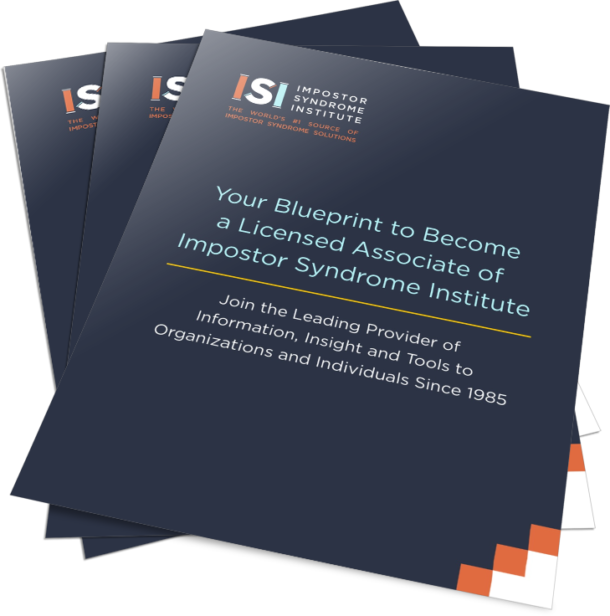“I still believe,” confessed Mike Myers, “that at any time the No-Talent Police will come and arrest me.” Myers is not alone.
The question is, why do so many clearly smart, capable, successful people feel like intellectual frauds who are merely impersonating a competent person? Most would consider this a bad thing. But at least one researcher believes that feeling like a fraud is in fact, “deeply wise.”
Most of the people who study the impostor syndrome come out of the field of psychology and therefore tend to trace its origins to either the family/childhood message or to various psychological characteristics like being introverted, pessimistic, Type A personality and so on.
Senior research scientist and associate director of the Wellesley Centers for Women, Dr. Peggy McIntosh was the first to take the unconventional position that, rather than being a psychological ailment, our feelings of fraudulence might indeed “come from deep and wise sources.” McIntosh comes down strongly on the situational nature of impostor feelings, making the point that the places where we feel incompetent and illegitimate are in the public spheres of power and authority.
She writes, “I pat our cat and the cat purrs. I don’t feel like a fraud. It’s not the same as getting an A on a paper. When I bring home chocolate mint ice cream, the kids’ appreciation doesn’t throw me into a panic about who I am. I think that being praised for good spaghetti sauce or finding a bargain is not so unnerving as being praised for giving a speech.”
There is a reason why we feel like frauds in some places and not others. To McIntosh these unnerving feelings may not reflect simply a lack of self-confidence. Nor, she says, is it enough to focus on the nuclear family as the primary cause of the impostor syndrome. Rather, the root cause of fraudulent feelings is the fraudulent roles we are asked to play as part of systems of achievement that are hierarchical and competitive.
What do YOU think? What role do you think the larger system of work and achievement play in so many people feeling like frauds?


Hi again, interesting question, really gets me thinking. I have difficulties with the word “fraudulence”. When I look how it is with me, then it is not so much that I feel like a fraud, but I feel not authentic anymore and weakened when judged as my focus is no longer on the task, but on worrying about where I end up on the measuring scale of other people. I know, from own experience, that when I am given a task, I give my best and I get it done. But in the moment I am put into a competitive environment or judged, I loose all my power. So, what I got from this post, is huge! Judgment takes the focus off the task and puts it onto something else, meeting expectations. In that sense, whenever I feel what you call “like a fraud”, it is an indicator that I am in a situation, where people play the game of power and authority. If I get thrown off in such a situation, it means that I have a weak spot with power and authority and I would guess that this is coming out of a childhood where there was a perceived threat of not surviving or being hurt in case we didn’t meet expectations. Does this sound reasonable?
Thanks a lot, that was inspiring, at least for me. From now on I take any feelings of “fraudulence” as you call it as a sign that somebody is trying to play the authority game on me or that I have fallen into it myself. And then I concentrate on my task. Wow, great stuff.
I think that’s an important self-insight. I also like that you came up with a concrete strategy for acting differently in that situation by tuning out the judgements of otther people part and just focusing on the task..
Valerie
Hello Valerie,
Thanks for sharing this post. i also read your book and found very very knowledgeable.Before reading your book , always some bad thoughts comes in my mind before doing any work.But now i feel like yes i can do this, no one can stop me.